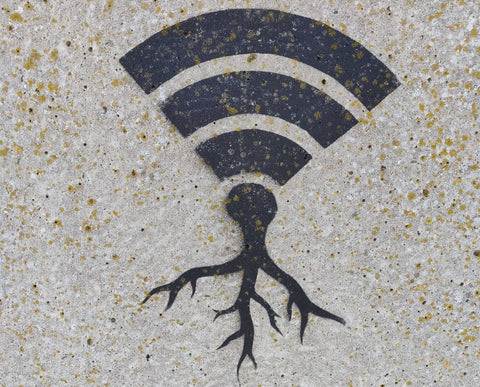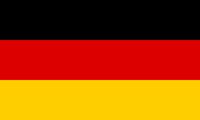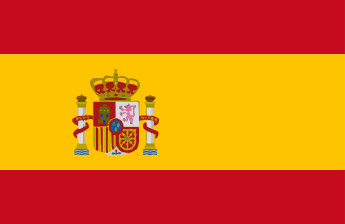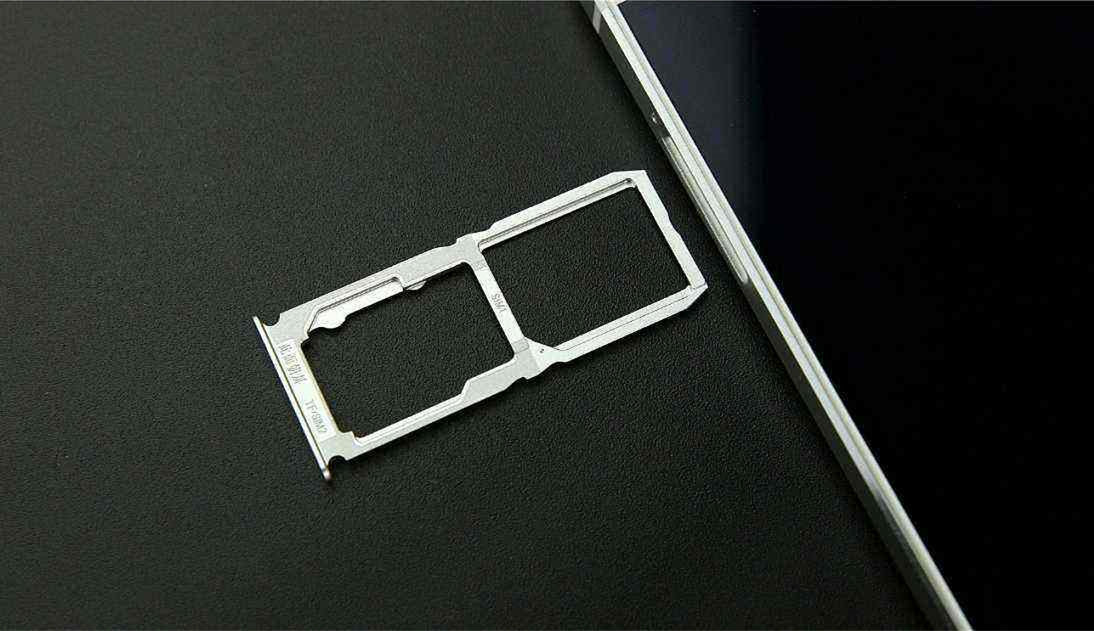I believe that you always see the signs of WiFi and WLAN in your daily life, because cell phone traffic is more expensive, so most users prefer to use wireless networks. Many users have wireless networks installed at home, and in most public areas you can also connect to wireless networks. I don't know if you've noticed, but when we use our phones to connect to wireless networks, sometimes the word WiFi appears and sometimes the word WLAN appears, so this can be confusing to people, are WiFi and WLAN the same? Although the functions they can fulfill are the same, there is still a big difference between them. Many people are confused, they have 3 differences!
The first: from the definition of the two. WiFi is also called the action hotspot, belongs to a short-range transmission method, with our usual use of Bluetooth has similarities, in a relatively small range when the signal will be more stable, if the expansion of the range, the network is not so stable. wLAN is called wireless local area network, is a data transmission system, can achieve communication, and resource sharing and so on. A network system, its application range is wider than WiFi, in the case of a large range, there will be a weak reception signal, but the network speed will not be significantly changed. The second: from the use of the two scenarios. Since WiFi has a shorter transmission distance, wireless networks like WiFi are generally used in places with a smaller range, such as offices, homes, restaurants or cafes, etc. These places are more suitable for a small range of network usage. WiFi wireless network like this, only in a small area to be able to play its maximum role, if the range is too large signal is not good at all, the network speed is very slow or even directly can not be used. The WLAN network is different, it supports a larger range, generally used in larger shopping malls or schools, etc. We can usually search for wireless networks in large shopping malls and in airports are WLAN, because this kind of wireless network does not expand the range to make the speed of the network slower, so it is not so limited. Both of them can be used in their own scenarios to maximize their usefulness.
The second: from the use of the two scenarios. Since WiFi has a shorter transmission distance, wireless networks like WiFi are generally used in places with a smaller range, such as offices, homes, restaurants or cafes, etc. These places are more suitable for a small range of network usage. WiFi wireless network like this, only in a small area to be able to play its maximum role, if the range is too large signal is not good at all, the network speed is very slow or even directly can not be used. The WLAN network is different, it supports a larger range, generally used in larger shopping malls or schools, etc. We can usually search for wireless networks in large shopping malls and in airports are WLAN, because this kind of wireless network does not expand the range to make the speed of the network slower, so it is not so limited. Both of them can be used in their own scenarios to maximize their usefulness.
The third: the relationship between the two. WiFi is actually a wireless network technology in the WLAN, which is why there is a difference in the use of scenarios, from the use of scenarios we can see the relationship between the two, WLAN includes WiFi, but WiFi does not include WLAN. Can we use WLAN in a small range? In fact, it is possible, but is this not a little overkill?
The first: from the definition of the two. WiFi is also called the action hotspot, belongs to a short-range transmission method, with our usual use of Bluetooth has similarities, in a relatively small range when the signal will be more stable, if the expansion of the range, the network is not so stable. wLAN is called wireless local area network, is a data transmission system, can achieve communication, and resource sharing and so on. A network system, its application range is wider than WiFi, in the case of a large range, there will be a weak reception signal, but the network speed will not be significantly changed.

The third: the relationship between the two. WiFi is actually a wireless network technology in the WLAN, which is why there is a difference in the use of scenarios, from the use of scenarios we can see the relationship between the two, WLAN includes WiFi, but WiFi does not include WLAN. Can we use WLAN in a small range? In fact, it is possible, but is this not a little overkill?










